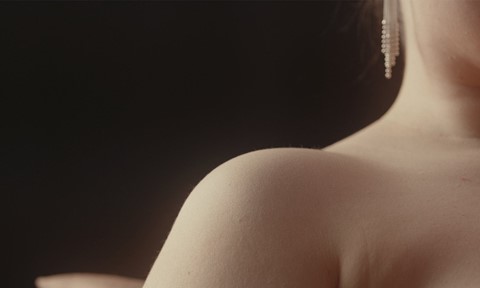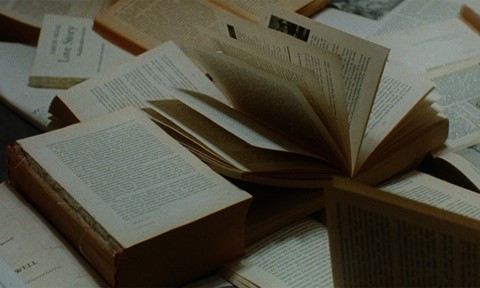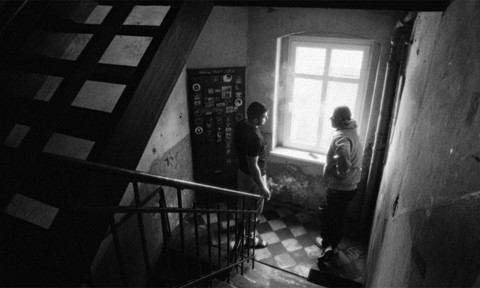As it happened

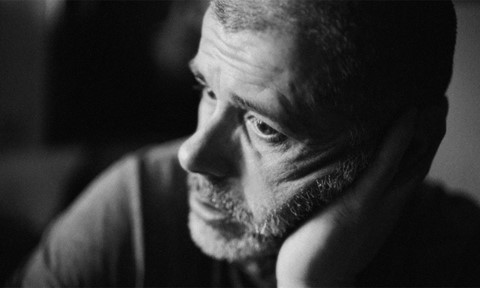
Documentaries open the door to understanding our environment and our fellow human beings. It is only by reviewing bygone moments while having some distance to them that insights are revealed that remain hidden to us in the moment. The ability of film and photography to preserve what really happened and give us access to those events is a central theme of the Argentinian documentary ESSAY FOR THE MEMORY (Program 8) by Denise Vanesa Chirich Barreira.
In the context of commemorating the victims of the Argentinian military dictatorship, this film uses a collage of archival images, conversations with surviving relatives and the director’s personal memories to address the question of where memories that cannot be captured in a photograph are preserved. In this sense, it is about what film and photography cannot preserve. Again and again, the film reflects on its own constructedness. This process of reflection creates a puzzle made of small pieces that do not fit together and whose infinite possible combinations remind us of our own often deceptive memories.

Essay for the memory
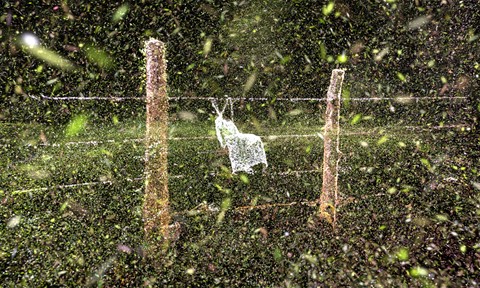
all my scars vanish in the wind
ALL MY SCARS VANISH IN THE WIND (Program 3) by Angélica Restrepo Guzmán and Carlos Velandia takes a very different approach to memory. In a mixture of documentary and animated film, an inner voice tells of violence and an escape to freedom. The narrator’s voice is full of pain, but also hope. She comforts her inner child and becomes her own protector. On the visual level, a diffuse stream of fleeting particles permits a view of abstract spaces from the past that are linked to memories of trauma.
Yet documentary film is also capable of helping us to understand the present moment. For example, the moment in which Mariusz and his adult son live in Jakub Gomółka’s FATHER.SON (Program 7). Both have only recently been released from prison and are finding it difficult to get back on their feet. This film follows the two men as they talk openly about their situation and offer each other support, revealing the deep bond between them. However, their background, their experiences in prison and their drug addiction cause them to give up all hope of ever becoming “valued” members of a society that doesn’t care about people like them.
Seen in this light, documentaries are always snapshots that convey a momentary impression of individual and societal conditions. Director Radek Ševčík uses this approach for his film POISONED WELL (Program 1). On October 12, 2022, a nineteen-year-old gunman shot two people in front of a gay bar in Bratislava. Drawing upon this act of terror, the director captures the blatantly homophobic and anti-queer mood in Slovakia’s arch-conservative society, in which queer people no longer dare to go out in public and see no alternative but to take self-defense courses.
The documentary format can, however, also be used to demand of the present that which is not yet there, as in ALL ABOUT MY BODY HAIR (Program 9) by Bella Meer and Kristiina Kekomäki. This film addresses the pressure women feel to conform to society’s standards of beauty. After all, what is “normal” and “beautiful”, and who actually decides this? The subject of female body hair in particular is still very much associated with shame. This documentary aims to counteract this. Its female protagonists reflect on their complex relationship with body hair while advocating a more open and relaxed approach to it.
The protagonist of a documentary film doesn’t have to be a human being at all. Indeed, what actually happens to all the books that are no longer part of a (personal) library and that won’t be bought at a flea market? Where do these books end up? And what do these books say about their former owners or about us humans? GOODBYE WORDS (Program 10) by Laura Rantanen explores these questions. This poetic documentary accompanies books on their final journey and casually and nonchalantly tells of the cycle of life and the acceptance of death. Classics of world literature sometimes end up as insulating material inside the walls of houses — which can be sad, but also comforting.
